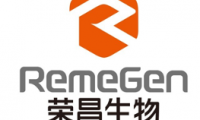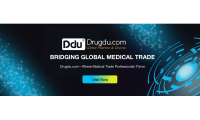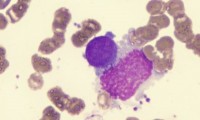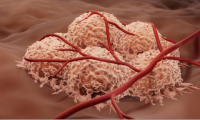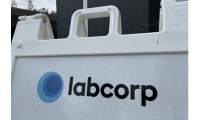-
Touchlight joins forces with University of Liverpool for NSCLC vaccine
- Source: drugdu
- 81
- April 9, 2024
-
Amylyx Withdraws ALS Drug From Market; Restructuring Will Slash 70% of Staff
- Source: drugdu
- 89
- April 8, 2024
-
myTomorrows and brainstrust partner to support patients living with brain cancer
- Source: drugdu
- 105
- April 8, 2024
-
RemeGen’s Telitacicept (RC18) Granted Fast Track Designation by United States FDA for Treatment of Primary Sjögren’s Syndrome
- Source: drugdu
- 112
- April 8, 2024
-
【EXPERT Q&A】What is the basic process of Class II medical device registration certificate application?
- Source: drugdu
- 133
- April 8, 2024
-
Cellenkos links with Mount Sinai to explore CK0804 for myelofibrosis
- Source: drugdu
- 72
- April 5, 2024
-
FDA Clears the First Digital Therapeutic for Depression, But Will Payers Cover It?
- Source: drugdu
- 119
- April 4, 2024
-
Alexion’s Voydeya gains FDA approval for extravascular haemolysis
- Source: drugdu
- 126
- April 4, 2024
-
Gilead, Xilio Therapeutics Ink Exclusive Licensing Agreement to Develop Early Phase Tumor-Activated IL-12
- Source: drugdu
- 93
- April 3, 2024
-
Labcorp’s $237M Tuck-In Deal Brings Lab Testing Assets From BioReference Health
- Source: drugdu
- 127
- April 2, 2024
your submission has already been received.
OK
Subscribe
Please enter a valid Email address!
Submit
The most relevant industry news & insight will be sent to you every two weeks.




